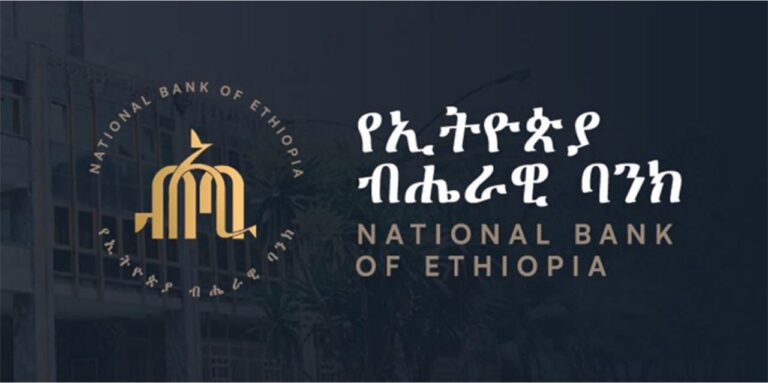Habesha Breweries S.C. is set to be listed and traded on the Ethiopian Securities Exchange (ESX), following an ongoing share sale registration process overseen by CBE Capital Investment Bank. This significant step comes amid Ethiopia’s evolving capital market regulations and ongoing shareholder discussions over dividend distributions.
The share sale and registration process of Habesha Breweries S.C. is currently underway, managed by CBE Capital Investment Bank, though it has yet to be completed, the company’s Board of Directors confirmed. This process is unfolding amid evolving capital market regulations in Ethiopia and mounting concerns among shareholders regarding dividend distribution for 2024.
According to Eng. Mesfin Abi, Chairman of Habesha Breweries’ Board, the company contracted CBE Capital Investment Bank to oversee the share sale and registration, in line with regulations introduced by the Ethiopian Capital Market Authority (ECMA). Established in 2021 under Proclamation No. 1248/2021, ECMA is the regulatory body responsible for guiding the growth and oversight of Ethiopia’s capital markets.
One of the critical regulatory frameworks governing this process, Directive No. 1030/2024 from ECMA, mandates that shares of public companies like Habesha Breweries must be registered with the authority and a central securities depository before being sold or traded. Moreover, shares must be issued in dematerialized (paperless) form and can only be traded through licensed securities markets. This framework aims to ensure transparency, investor protection, and compliance with international capital market standards.
However, shareholders of Habesha Breweries have voiced dissatisfaction with the handling of the 2024 dividend payments. Many expressed frustration that instead of receiving cash dividends, they were compelled to reinvest their dividends by purchasing additional shares, effectively locking up their funds without interest for an extended period.
Responding to these concerns, Mesfin Abi clarified that until the company’s registration on the capital market is finalized, shares cannot be publicly sold or traded. He explained that the sale and purchase of shares must go through the formal capital market channels once registration is complete, which is expected around November 2025. Shareholders unwilling to wait for the official share sale have been offered the option to accept dividends in cash instead.
Mesfin reiterated that CBE Capital oversees the registration process and that the company itself has not yet completed registration. He emphasized that shareholders have two clear options moving forward: participate in capital raising efforts after November or opt to receive dividends in cash now. “The General Assembly approved paying a 20 percent dividend,” he said, noting the current challenges stem from a misunderstanding of the process rather than a change in policy.
Financially, Habesha Breweries has shown strong performance, with earnings per share increasing from 224 Ethiopian birr in 2023 to 237 birr in 2024. By the end of 2024, the company’s fully paid-up capital reached approximately 3.517 billion birr. The company’s shareholder base expanded to 8,295 individuals by December 31, 2024. Its largest shareholder, Bavaria Overseas Holding B.V., controls just over 64% of the capital, while local shareholders hold nearly 26%, and Linssen Participation B.V. owns the remaining 10%.
In 2023, Habesha Breweries’ shareholders approved issuing new shares as part of a capital raising initiative at a special emergency meeting. As a result, the company issued 491,162 shares valued at 1,000 birr each, enabling shareholders to reinvest dividends into expanding the company’s capital. Additionally, 322,034 new shares were allocated to support ongoing expansion efforts. These new shares are being offered to current shareholders in three rounds, ensuring orderly market absorption.
The company reported a robust revenue growth of 28.6% in 2024, rising from 6.03 billion birr in 2023 to 7.76 billion birr. Net profit after tax rose 29.3% year-over-year, reaching 738 million birr.
This share sale and capital market registration come in the context of evolving Ethiopian capital market infrastructure and regulation, with ECMA working to license key market participants and expand investment opportunities. The transition to paperless securities trading and enhanced regulatory oversight reflect Ethiopia’s ambition to foster greater market transparency and participation.





